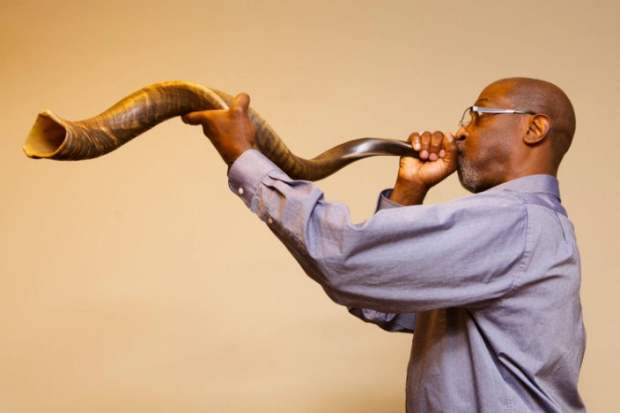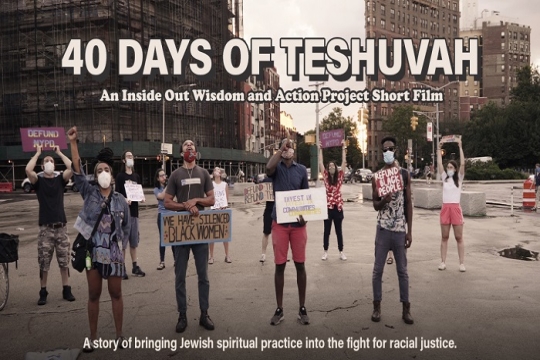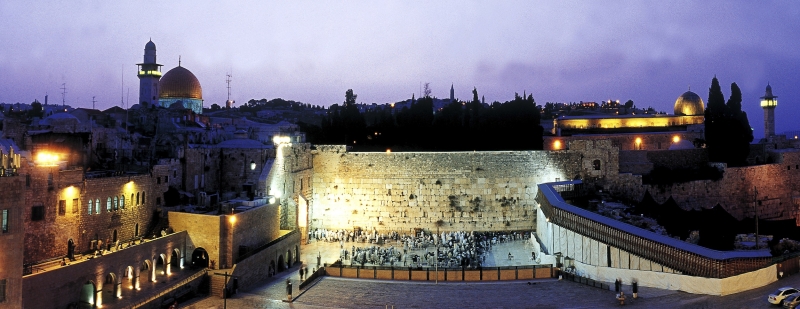Tishah B'Av, observed on the 9th (tishah) of the Hebrew month of Av, is a day of mourning the destruction of both ancient Temples in Jerusalem. Liberal Judaism never has assigned a central religious role to the ancient Temple, so mourning the destruction of the Temple may not be particularly meaningful to liberal Jews. In modern times, many Jews understand Tishah B'Av as a day to remember many tragedies that have befallen the Jewish people throughout history, and to reflect on the suffering that still occurs in our world.
Customarily, Tishah B'Av is a time set aside for fasting and mourning. As on Yom Kippur, the fast extends from sundown until the following sundown. In the synagogue, the Book of Eichah (Lamentations) is chanted, as are kinot, which are dirges written during the Middle Ages. Sitting on low stools, a custom associated with mourning the dead, Jews read sections of the books of Jeremiah and Job, as well as passages from the Bible and the Talmud that deal with the Temples' destructions in 586 B.C.E. and 70 C.E.
Some Jewish communities begin a period of semi-mourning three weeks before Tishah B’Av, on the 17th of the Hebrew month of Tammuz. It was supposedly on this day in 586 B.C.E. that the Babylonians first made an incursion into the Temple in Jerusalem. Beginning on this date, Jews who observe this custom refrain from holding weddings and festive celebrations or cutting their hair. The mourning intensifies on the first of Av, with no meat or wine consumed, no new clothing purchased, and no shaving allowed. On the evening before Tishah B’Av, a 24-hour fast begins, and in synagogue services, the Book of Lamentations is chanted. When Tishah B’Av falls on Shabbat, its observance begins after Shabbat ends and extends into the next day.
For most liberal Jews, Tishah B'Av has faded in importance as a ritual observance, as the rebuilding of a central Temple in Jerusalem has lost its priority and significance in modern times. Although historians dispute the fact that both Temples were destroyed on this day, Tishah B’Av has become a symbol of Jewish suffering and loss. Over the centuries, other tragic events have come to be commemorated on this day, including the brutal massacres of the Crusades, the Jewish expulsion from Spain, and the Holocaust.
Support Reform Judaism
Support the work of the Union for Reform Judaism by making a tax-deductible gift to provide funding for creative Reform Jewish programming, ensuring the continued growth and strength of Reform Judaism.

Sign Up for Newsletters
Explore Jewish Life and Get Inspired
Relating to Tishah B'Av

Answers to Your Questions About Tishah B'Av
What's New

Facing a World on Fire on Tishah B’Av
This Tishah B'Av, Act as if There is No God

